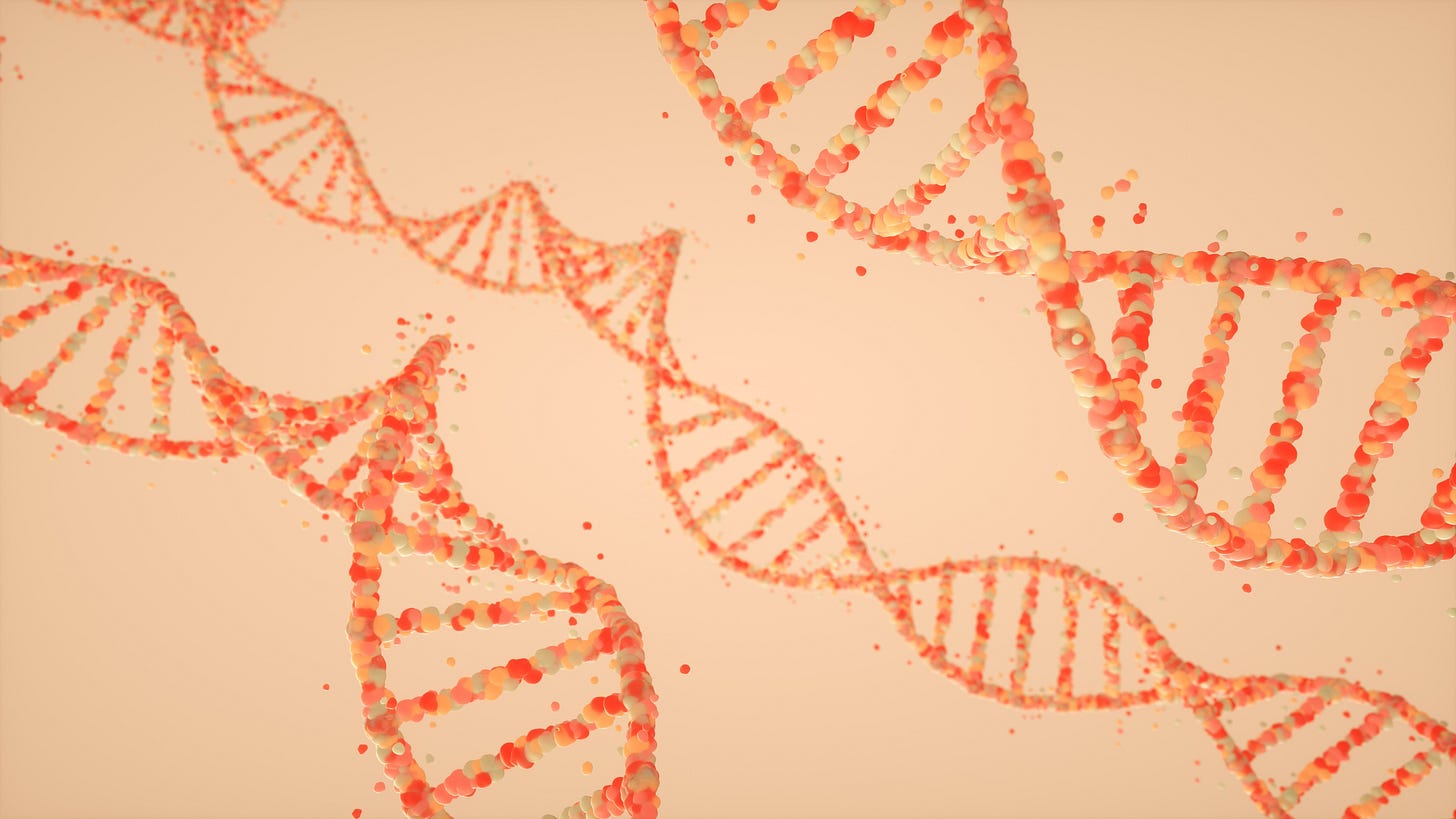Multi-bank study shows the importance of donor genetic testing follow-up
Investigations of Genetic Variants in Donor-Conceived Persons: A Collaboration Between Three Large U.S. Gamete Banks (Lockwood, 2024)
Lockwood, K., Awwad, R. I., Baldwin, K., Hornberger, K. L., Isley, L., & Seitz, S. (2024). Investigations of genetic variants in donor-conceived persons: A collaboration between three large U.S. gamete banks [Conference abstract P-396]. Fertility and Sterility. American Society for Reproductive Medicine 2024 Scientific Congress, October 22, 2024.
Geographic Region: United States
Research Question: To examine cases where genetic variants were found in donor-conceived persons and analyze the complexity, challenges, and limitations of subsequent donor testing investigations.
Design: Retrospective review of medical update records at Seattle Sperm Bank, California Cryobank, and Fairfax Cryobank from January 2021 - June 2023 to identify cases of DCPs with positive genetic test results.
Sample: 121 total cases of donor-conceived persons, with 91 cases involving donor sperm and 30 cases involving donor eggs.
Key Findings
Most genetic variants (70%) were discovered after the child was born, rather than during pregnancy or embryo testing. A little over half of the genetic variants (55%) were clearly linked to health conditions (pathogenic). About a quarter (27%) had unclear health impacts (variants of uncertain significance).
When a donor-conceived person was found to have a genetic variant, more than half (59%) of the donors who were tested had the same genetic variant. This was higher for egg donors (77%) than sperm donors (56%).
Not all donors could be tested - only about 87% of requested sperm donors and 57% of egg donors were tested.
A baseline risk of 3 – 4% exists for a major medical issue in a child, despite the degree of genetic screening performed. The cohort represents what would be typically observed in the general population.
Limitations: Not all donors could be tested.
Applications: Highlights importance of access to donor medical information and in genetic testing. Supports need for banks to have protocols for genetic variant investigations. Suggests the initial screening process for donors is working as expected. Knowledge that the donor has a genetic variant may impact reproductive decision-making for recipients and the donor.
Funding Source: Not specified
Lead Author: Kathryn Lockwood is a licensed genetic counselor and a reproductive genetic specialist with California Cryobank.
Regulatory Context
Study conducted in U.S. context where there is no comprehensive federal regulation of gamete donation
FDA provides oversight mainly for infectious disease screening
Genetic testing protocols are largely self-regulated by fertility industry
No federal requirements for maintaining donor records or sharing genetic information



